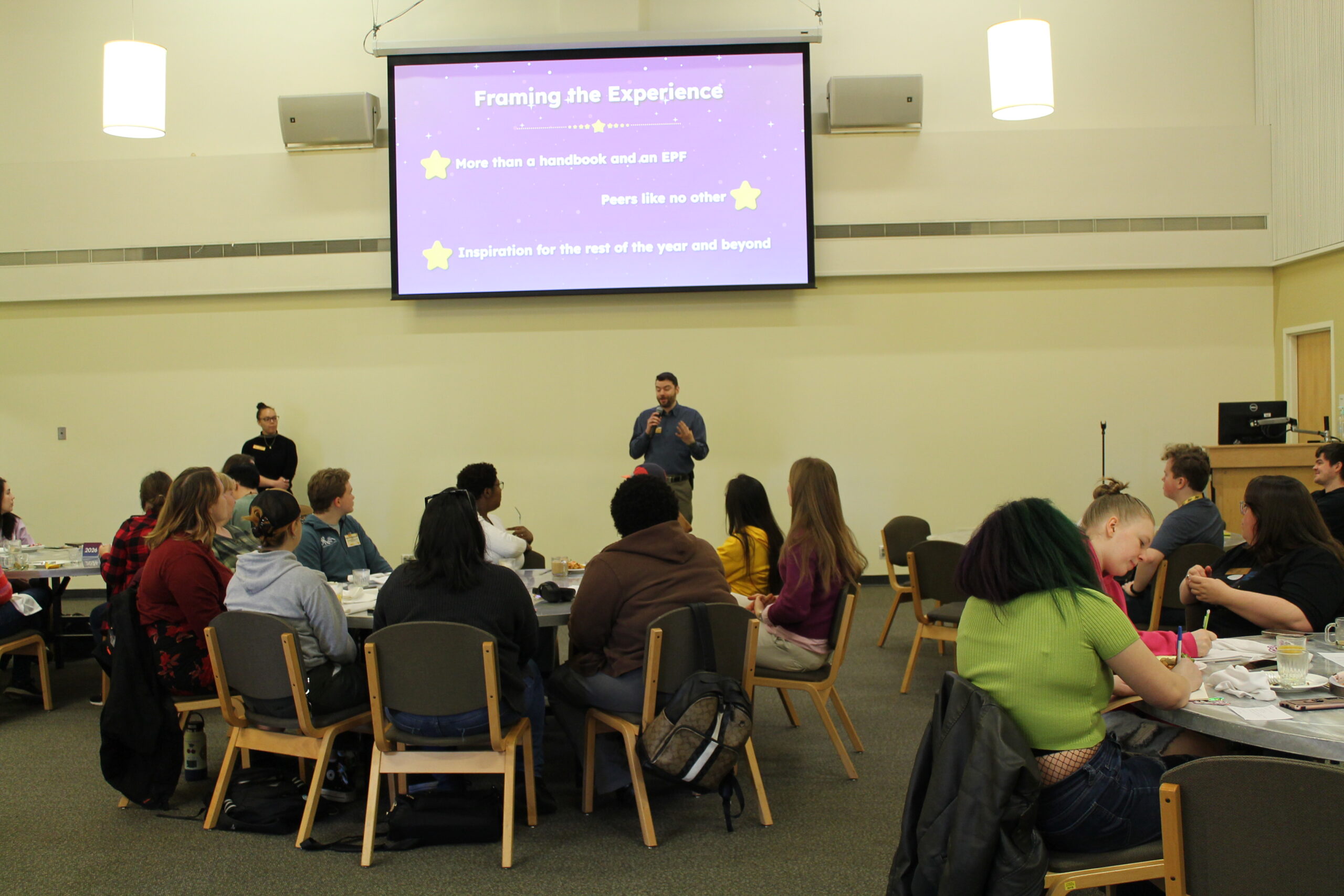By Tahlia Terhune, Columnist
A mere few weeks of school remain in this semester. Promises of sunny days are distracting for students who are eager for summer. While it may be difficult to maintain focus while studying, there is one solution — music.
Many argue that music is distracting and can hinder you from your studies. Other sources suggest that with the proper music selection you will not only be able to focus better, but you may see direct results through an increased grade point average.
I can’t study without listening to music. No matter what homework I am doing, it has become a habit to automatically turn on a song once I begin to study. Other students feel differently.
“I usually have to read for homework,” sophomore Caila Faunterberry said. “It’s difficult to read while listening to music.”
Edutopia.org, a site that shares evidence-based K-12 learning strategies, features an analysis of a study conducted by Nick Perham, a lecturer at the University of Wales, regarding the effects of listening to music while studying.
His main point is that music causes distraction. Perham found that lyrics will disrupt your comprehension of reading. His argument is valid in that trying to understand two ideas at once will not be as effective as focusing on one concept at a time. He could not deny, however, that music can affect your mood greatly, which could contribute to a happier atmosphere for studying. If you are not in a positive mood, Perham found that simply listening to music can boost it, altering your state of mind.
Spotify, the music streaming service, conducted a study with psychologist Emma Gray to research habits and effects of studying while listening to music. The research concluded the critical factor in deciding whether this is beneficial or not comes down to the type of music you listen to. The amount of beats per minute can trigger different parts of your brain and each subject works best with different genres.
For those studying science, humanities and languages, the left side of the brain is most active during these types of learning. So listening to songs with 50-80 beats per minute, such as “Mirrors” by Justin Timberlake or “We Can’t Stop” by Miley Cyrus were the most effective, according to Metro.
For those studying art, English and drama, these subjects trigger the right side of the brain for creativity. Listening to “I Can’t Get No Satisfaction” by the Rolling Stones or Katy Perry’s “Firework” stimulated the mind best. The study also found that math students who listened to classical music consisting of 60-70 beats per minute received an average score of 12 percent better on their tests.
“If I knew that music could improve my grade average then I would certainly try it,” Faunterberry said.
Next time you go to do homework, consider turning on some music that best suits your studies.
[sh_poll poll_id=”4280117″]
















